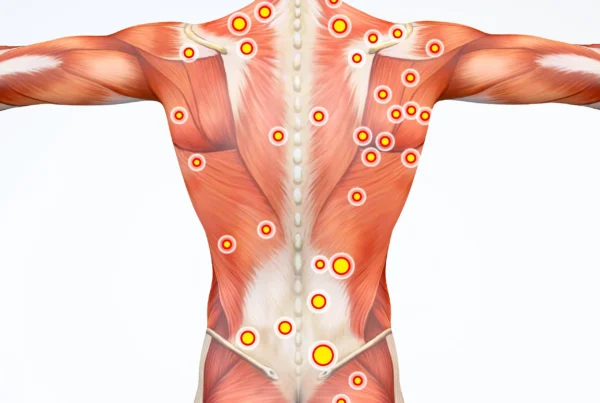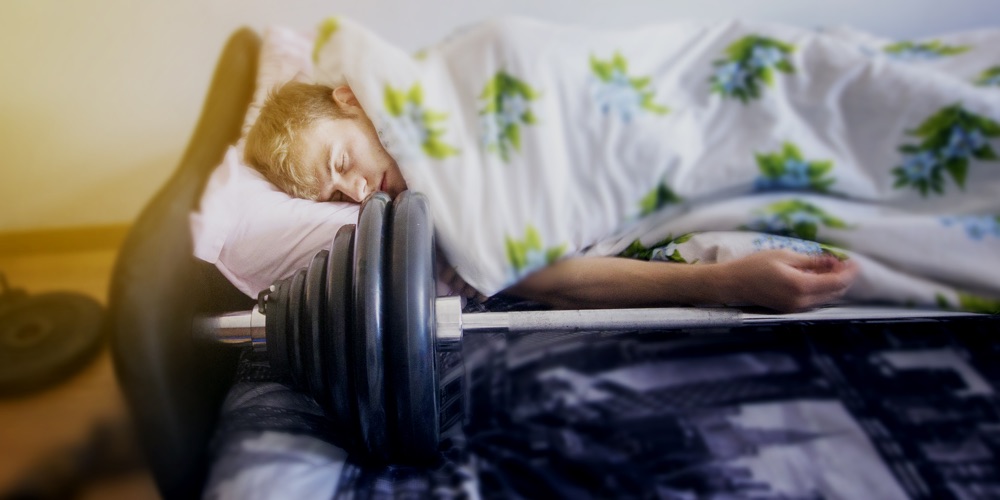Living with pain isn’t easy. It can heavily impact on many aspects of our lives including our mental health.
People living with chronic pain are at heightened risk for mental health problems, including depression, anxiety and substance abuse disorders. An estimated 35% to 45% of people with chronic pain experience depression.
Chronic pain can also affect sleep and increase stress levels.
Chronic Pain and Mental Health
Research using functional imaging suggests that mental health disorders and chronic pain share biological mechanisms, which contributes to the interconnection. One example of the interconnection is that depression can make a person more sensitive to pain. (PubMed Central, https://www.ncbi.nlm.nih.gov/pmc/articles/PMC10292928/)
In a new report, Mental Health America used data from its online mental health screening program to analyze the intersection between mental health and chronic pain. Between 2015 and 2019, more than 160,000 individuals who used the Mental Health America screening program self-identified as living with arthritis or other chronic pain. People who reported having arthritis or chronic pain were more likely to have several mental health conditions, including severe anxiety, severe depression, bipolar and PTSD. For example, among people taking the screening for depression, 47% of those with chronic pain screened positive for severe depression compared to 36% of those without chronic pain. (https://mhanational.org/chronic-pain-and-mental-health)
What is Chronic Pain?
Chronic pain is understood as pain that lasts for more than 3 months.
A few examples of chronic pain conditions:
- Post surgery
- Post injury
- Parkinson’s Disease
- Cancer
- Fibromyalgia
- Rheumatoid arthritis
- Osteoarthritis
- Multiple Sclerosis
- Ankylosing Spondylitis
- Cerebral Palsy
- Repetitive stress injuries
- Nerve damage
- Disc bulge
- Myositis
- Chronic migraines
The list goes on…
What can help Chronic Pain?
Management of chronic pain involves therapies such as remedial massage, physiotherapy, osteopathy and chiropractic to name a few. It also ideally involves psychological interventions.
Remedial massage can be very effective for both chronic pain and associated mental health issues. Dysfunctional muscle is a major part of chronic pain. Remedial massage specialises in relieving dysfunctional muscle whilst releasing serotonin and dopamine which are neurotransmitters that help improve depression and anxiety.
Remedial Massage Therapists are trained to understand how the neurological system responds to pain. The techniques we use are applied using varying pressures so we can treat chronic pain sufferers appropriately. Often those who suffer from chronic pain have a heightened sensitivity to pain, as their body thinks it’s under constant threat. By using specialised techniques with varying pressures, we can work with this sensitivity to achieve pain relief without unnecessary discomfort to our client.
The techniques we use are Myofascial Release Technique, Trigger Point Therapy, Active Release Technique, Muscle Energy Technique, Mobilisations, Cupping, Neuromuscular Technique and Proprioceptive Neuromuscular Facilitation. The combination of these techniques alongside the modulation of pressure applied is very effective in relieving pain comfortably for chronic pain sufferers, achieving greater range of motion, release of happy hormones, improvement in circulation promoting healing and an overall sense of well-being.
A therapeutic relationship is formed between a Remedial Massage Therapist and their client, which is essential for a chronic pain sufferers’ healing journey. This relationship is a trust-based bond, characterized by mutual respect and bolstered by empathic understanding and effective communication.
If you are dealing with chronic pain and it’s affecting your quality of life, there is help out there for you. Don’t suffer in silence, reach out as there are people that want and can help you manage your physical and associated mental pain.






